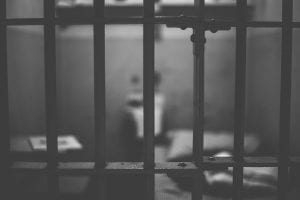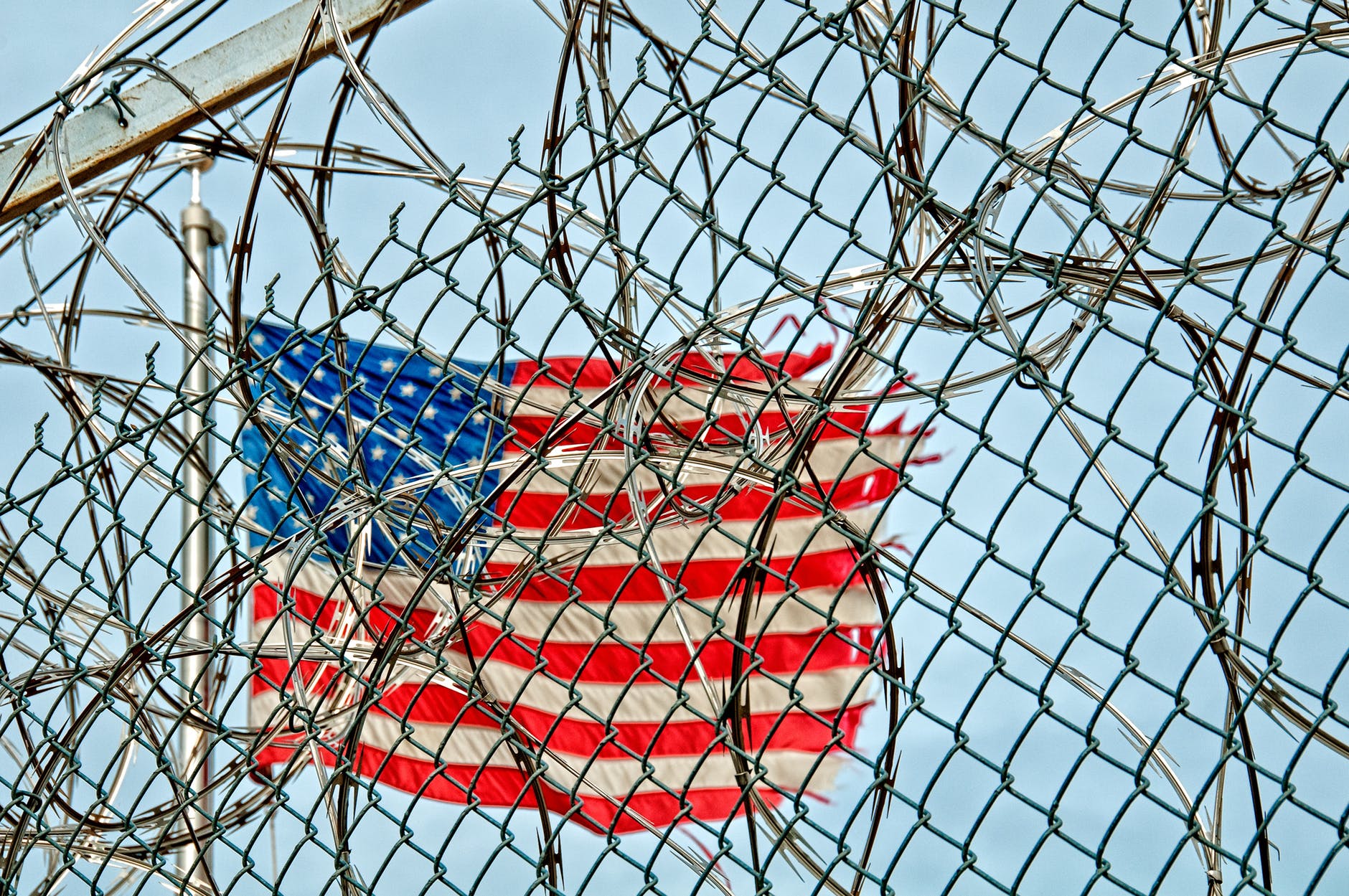Attorneys for the ACLU of South Carolina have filed a federal lawsuit claiming that the state’s practice of prohibiting inmates from attending in-person interviews or publishing articles directly with media outlets violates inmates’ First Amendment rights.
A recently-filed federal lawsuit claims that a South Carolina policy prohibiting prisoners from speaking to journalists or publishing their writings is in violation of the First Amendment.
According to The Associated Press, prisons and corrections systems across the country place some restrictions on in-person media interviews with inmates. The extent of these restrictions varies between facilities, but include limitations on the location and length of interviews.
However, the American Civil Liberties Union claims that South Carolina’s new policies are excessively strict and pose questions of constitutionality.
“Incarcerated people’s speech has long played a critical role in our public discourse,” said Allen Chaney, legal director for the ACLU of South Carolina. “If applied historically, [the South Carolina Department of Corrections’] rule would suppress the publication of Martin Luther King Jr.’s ‘Letter from Birmingham Jail,’ Nelson Mandela’s autobiography, and four books of the New Testament.”
“Today, it operates to insulate SCDC from real public accountability and to suppress the public’s knowledge about the violence committed against prisoners—wrongs that are committed in the public’s own name,” Chaney said.
Emerson Sykes, a senior staff attorney with the ACLU Speech, Privacy, and Technology Project stressed that the state’s policies appear unprecedented in their scope.

“The SCDC’s categorical rule that incarcerated people can never talk to the press or anyone else for the purpose of publication is blatantly unconstitutional,” Sykes said in a press release. “This policy is so broad that no court has upheld anything similar.”
“We urge the court to block this law, and defend out right to free speech as soon as possible,” Sykes said.
But Chrysti Shain, a spokesperson for the state corrections department, said that South Carolina’s policies protect the victims of crimes and ensure that prison staff can maintain strict control over inmate communications—communications that Shain says could pose real threats to safety and security.
“This doesn’t mean that inmates are completely cut off from the outside world, as there are usually controlled methods of communication, such as monitored phone calls or written correspondence, that allows inmates access to the media while minimizing security risks,” Shain said.
Shain noted that South Carolina-based newspapers regularly correspond with inmates. In 2018, for instance, the Post and Courier sent letters to more than 400 prisoners while investigating a riot at Lee Correctional Institution. Of the 400 inmates contacted, more than 100 replied.
Inmates can also approve reporters to be on their telephone lists, so long as reporters do not record or rebroadcast prisoners’ statements.
Sources
ACLU sues S.C. prison systems challenging new inmate interview policy
SOUTH CAROLINA BAN ON PRISONERS’ MEDIA INTERVIEWS VIOLATES FIRST AMENDMENT, LAWSUIT SAYS
SOUTH CAROLINA SILENCES THE VOICES OF INCARCERATED PEOPLE. WE’RE SUING TO CHANGE THAT.
South Carolina bans inmates from in-person interviews. A lawsuit wants to change that


Join the conversation!